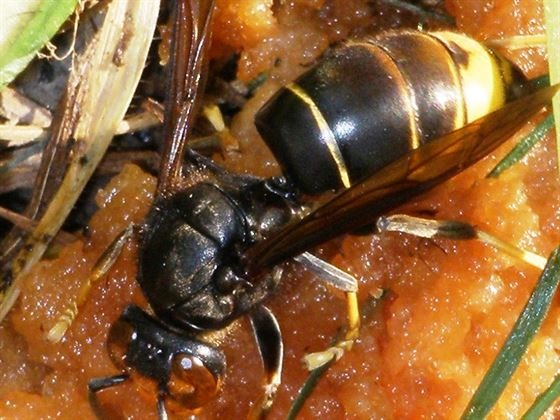Yes, almost certainly it is still here in Dorset - the problem is we don't know where.
What we do know is that:
- The NBU dealt with over 70 Asian Hornet nests in 2023
- One nest of Asian Hornet can eat 12kg of flying insects.
- The Asian Hornet is having a negative affecting on insect eating birds.
- The best way to deal with Asian Hornets is to be plan ahead.
These are just some of the facts I have learned in the past month.
This is a good time to find out how we can prepare for the Asian Hornet invasion.
- Asian Hornet Awareness Evening at the Colliton Club tonight the 29th November.
There will be a talk by Mark White on the latest developments with contributions from several members of Dorchester and Weymouth Beekeepers who were called to help with the two nests found on Portland.
- 2nd South West Beekeepers Forum Asian Hornet Conference.
- The list of speakers is on the web and is impressive including
- Megan Seymour - from the NBU
- Alistair Christie - from Jersey where they have loads of experience
- Dr. Peter Kennedy - from Exeter University
- Dr. Sandra Rojas Nossa- on the impact of Asian Hornet on biodiversity
- Quentin Rome - on the impact of Asian Hornet in France
- Bob Hogge - on the impact of Asian Hornet on beekeepers.
- The conference is in Bridgwater TA6 6LQ
- The cost to participate in the workshops is £10
- The date of the event is the 6th January 2024
- Full details are here.
- The list of speakers is on the web and is impressive including
Tickets are selling well and with just 300 places available I suggest booking early.



